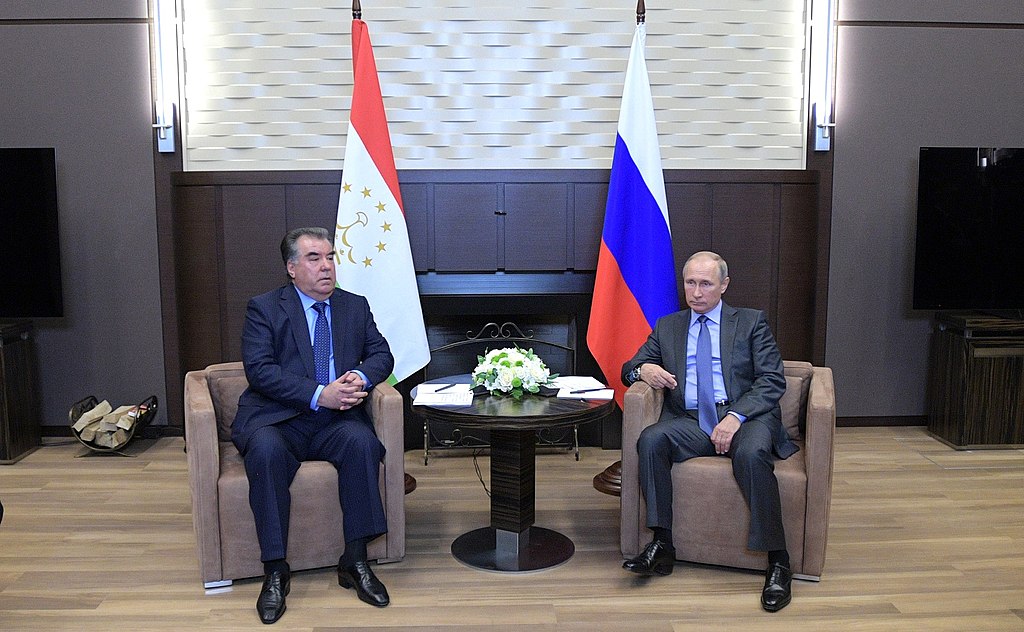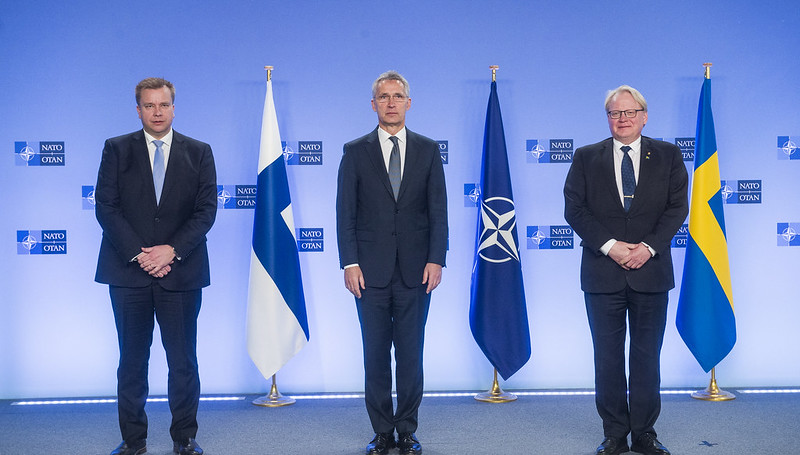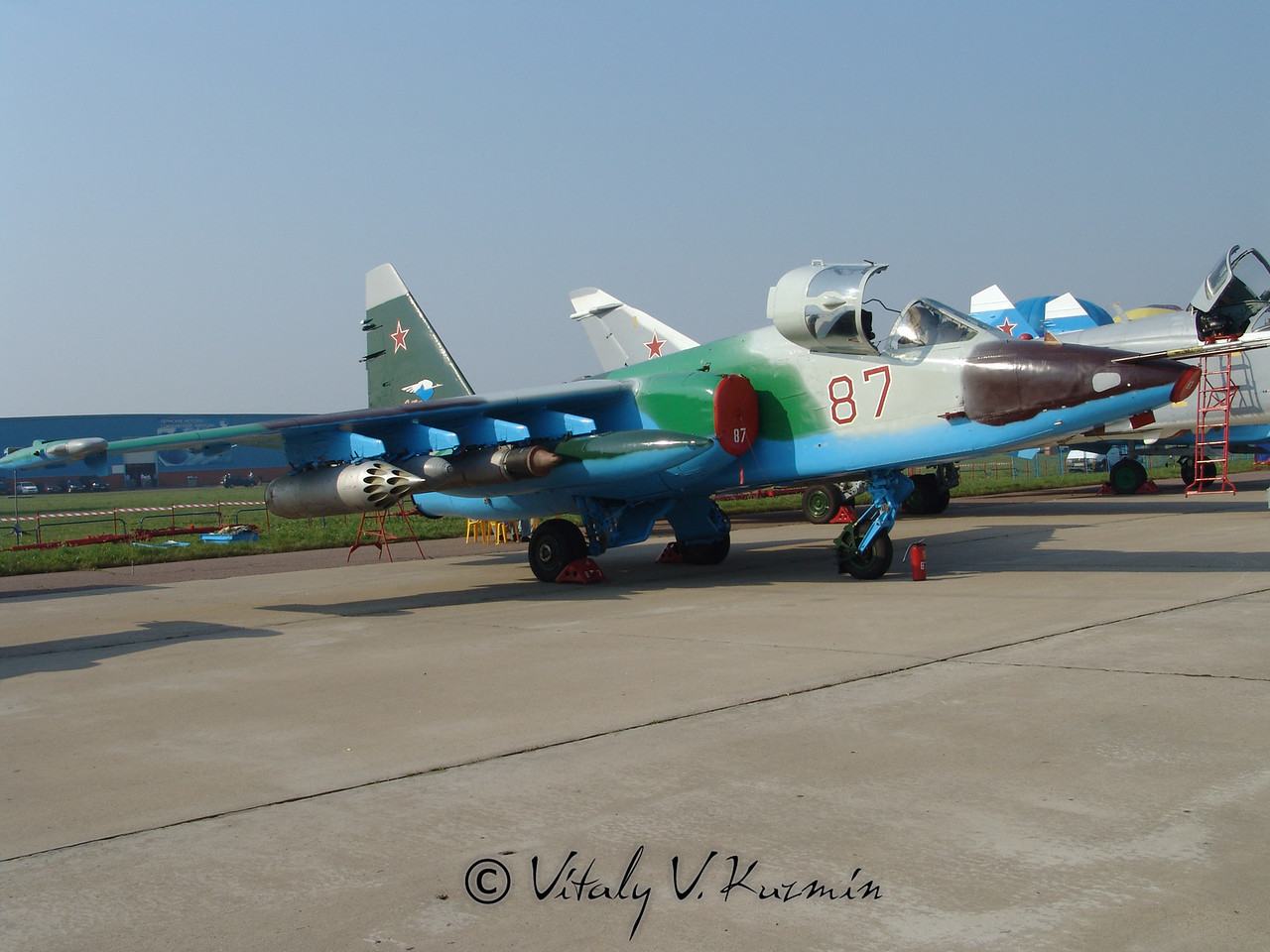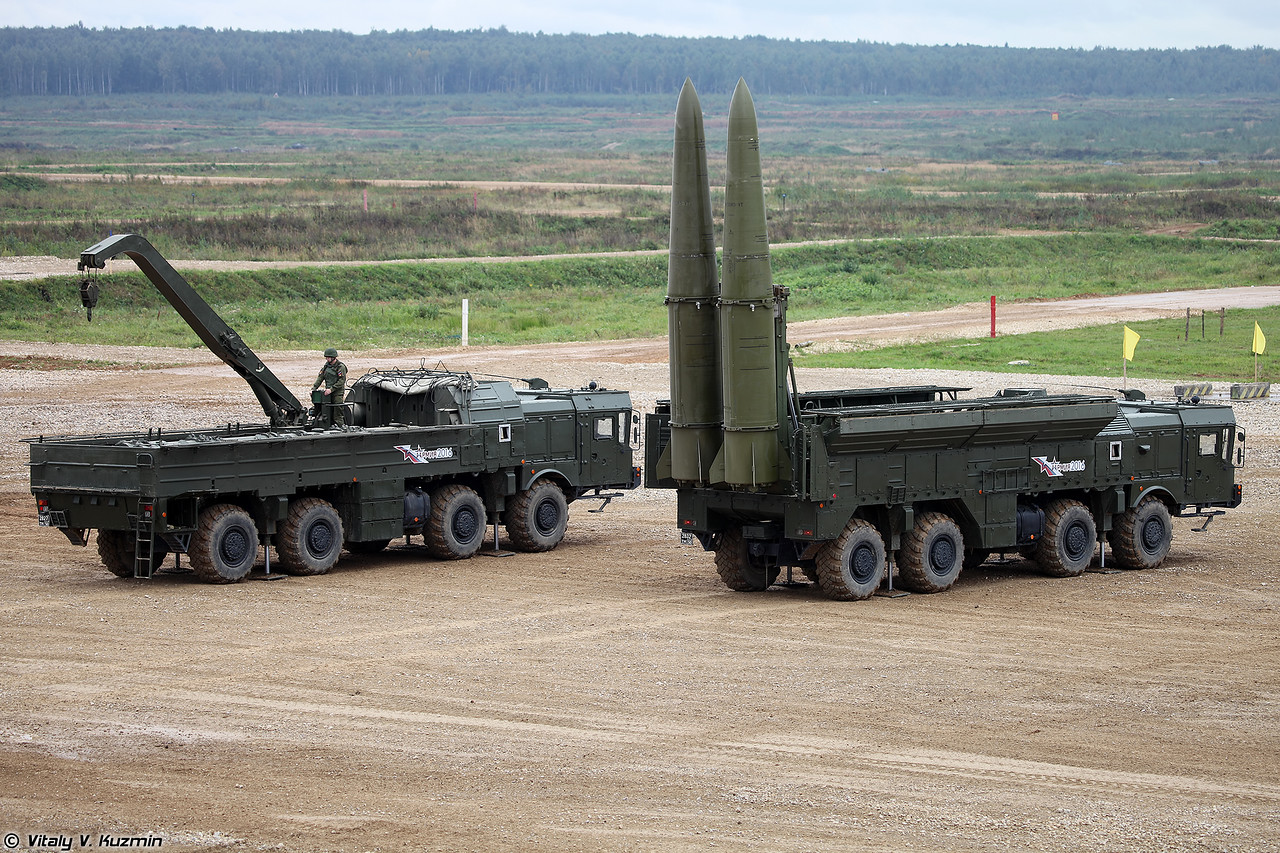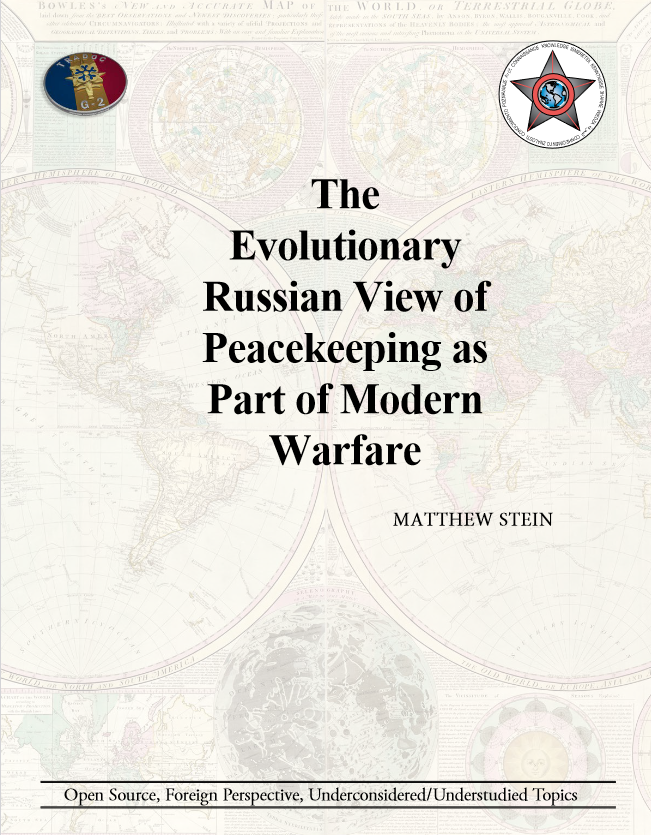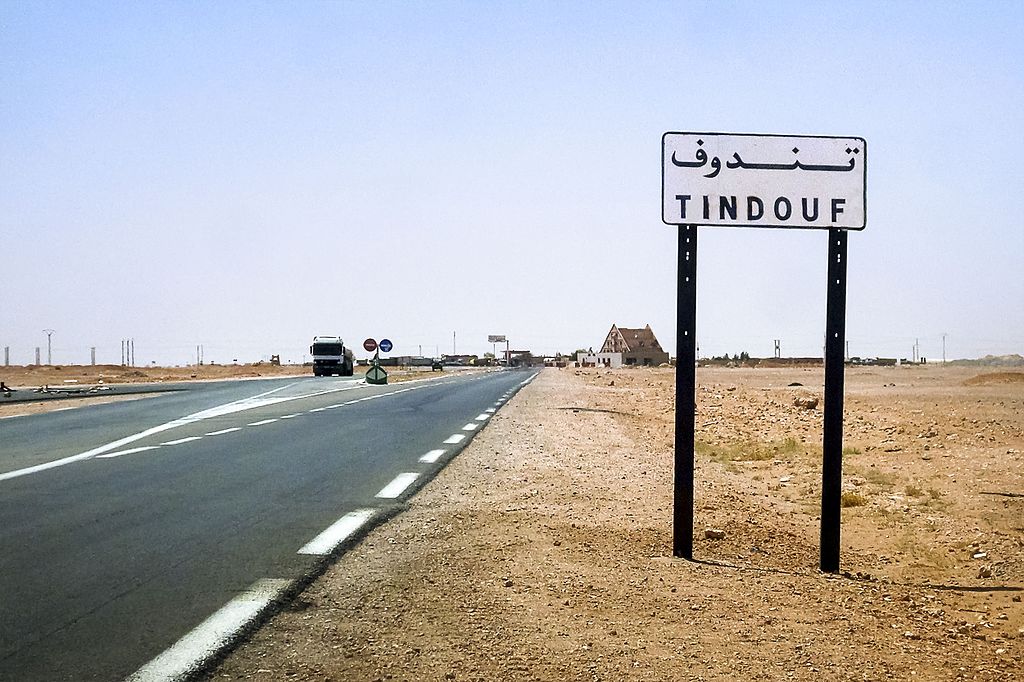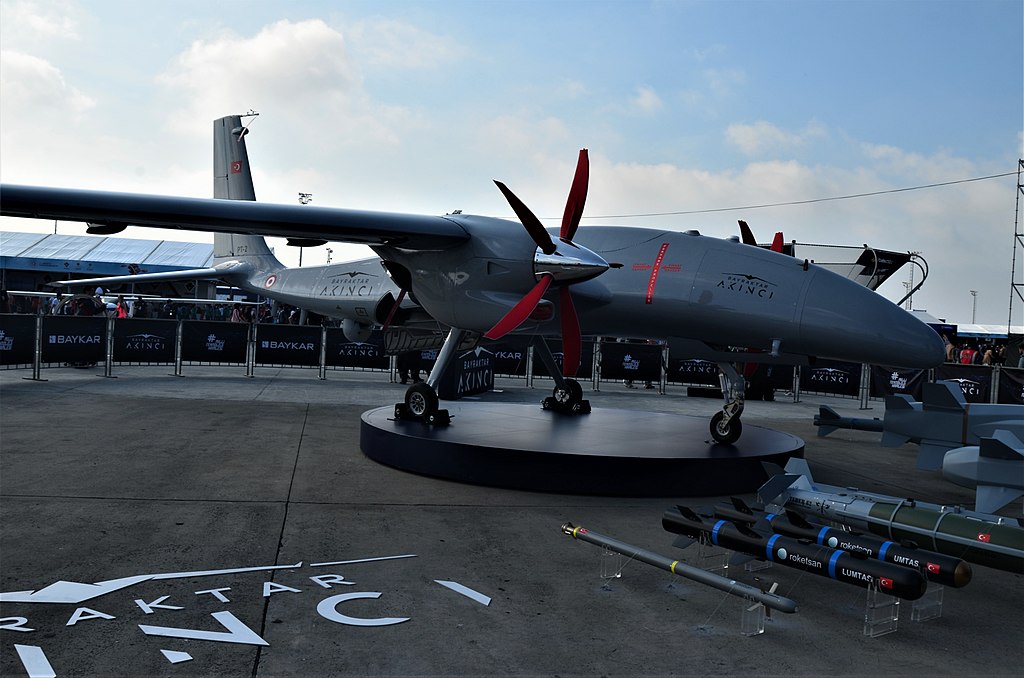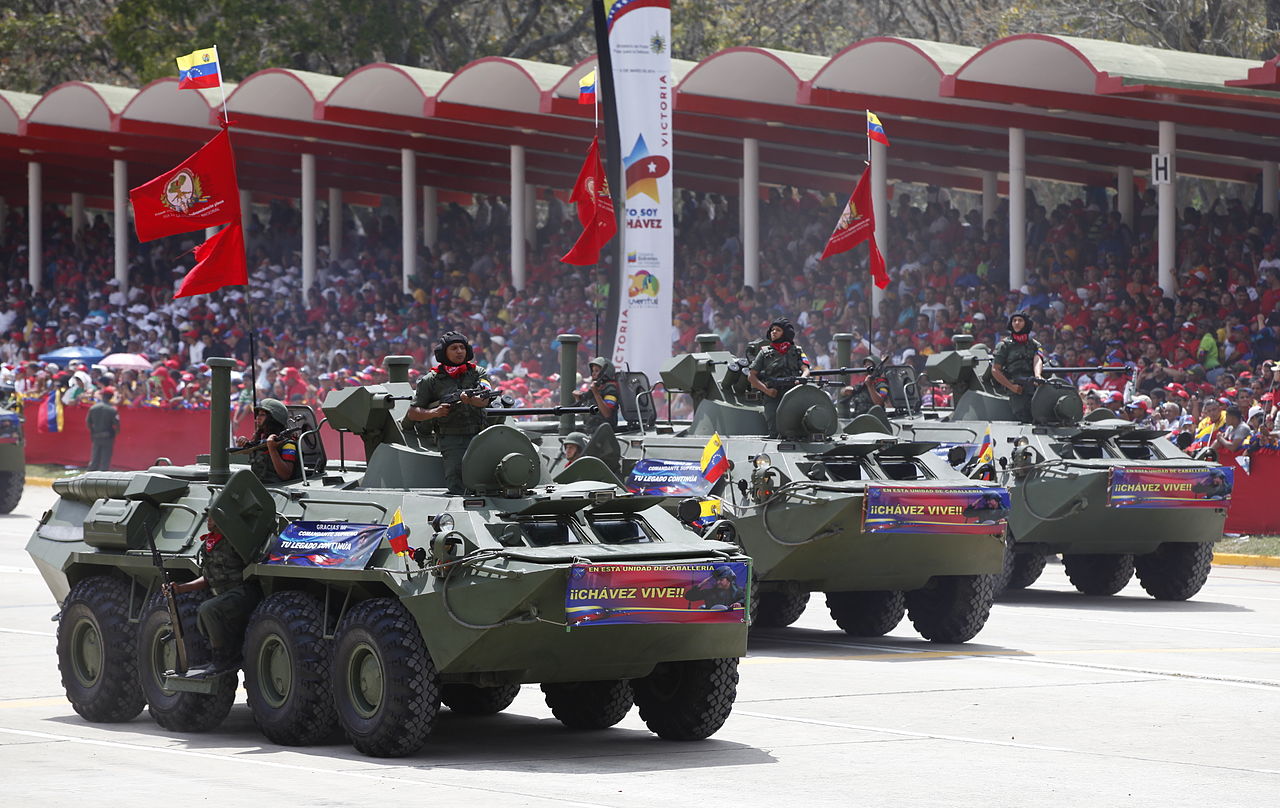
Venezuelan tanks during a military parade.
“This week, Venezuela will become the first country in the Americas to host military competitions organized by Russia, known as the Army Games.”
For the first time, the Nicolás Maduro regime in Venezuela played host to Russia’s International Army Games. The event, held in the city of Barquisimeto in Lara state, was a kind of “Olympics” of war games, according to an article in U.S. government-operated Spanish- language Voz de América. While the Venezuelan armed forces have participated six times in Russia’s International Army Games, the list of participating countries coupled with the location in the Western Hemisphere presents a direct challenge to the United States, according to the article. Furthermore, an article in left-leaning Argentine daily Clarín notes that the International Army Games began just one day after annual military exercises sponsored by the U.S. Southern Command. The newspaper highlights Russia’s traditional role as a security provider to Venezuela, as well as its desire to show strength in the Western Hemisphere. The International Army Games demonstrate Venezuela’s continuing desire to be considered a serious power and U.S. adversary in the Western Hemisphere. They also demonstrate Russia’s enduring interest in projecting power in Latin America and the Caribbean and to blunt diplomatic isolation on the world stage. Lastly, these military exercises are likely to further the interoperability of participating militaries with principal adversaries such as Russia, China, and Iran.
Source:
“Olimpíadas de la Guerra’ en Venezuela pueden generar ‘celo y vigilancia’ en la region (War Olympics’ in Venezuela can generate ‘zeal and vigilance’ in the region),” Voz de América (the Spanish-language version of the state-owned media outlet), 9 August 2022. https://www.vozdeamerica.com/a/olimpiadas-guerra-venezuela-celo-vigilancia-region/6694410.html
This week, Venezuela will become the first country in the Americas to host military competitions organized by Russia, known as the Army Games… The Russian Ministry of Defense… has organized these military sports annually since August 2015. They usually last a couple of weeks and spokesmen close to the Kremlin refer them as the “Olympics of War”…The Army Games 2022 are being held in a context of worldwide condemnation of the Vladimir Putin government for its armed attack on Ukraine.
Source: “Rusia, China e Irán lanzan sus ‘juegos de guerra’ para desafiar a Estados Unidos en Venezuela (Russia, China and Iran launch their ‘war games’ to challenge the United States in Venezuela),” Clarín (left leaning daily in Argentina), 10 August 2022. https://www.clarin.com/mundo/rusia-china-iran-lanzan-juegos-guerra-desafiar-unidos-venezuela_0_HyifirkIYK.html
The war and hunger games come together in Venezuela. Live and direct military competitions with Russia, China, and Iran will be held from August 13 to 27 to challenge the United States in the city of Barquisimeto, Lara state, in the northwest of the country, while the streets have been heating up with the protests of the teachers affected by “starvation wages”…Vladimir Putin, whose armed invasion of Ukraine is in its sixth month, aims to demonstrate Russia’s military strength in the Latin America and Caribbean area.
Image Information:
Image caption: Venezuelan tanks during a military parade
Source: https://commons.wikimedia.org/wiki/File:BTR-80A[RG1] _VEN.jpg
Attribution: CCA-SA 2.0

